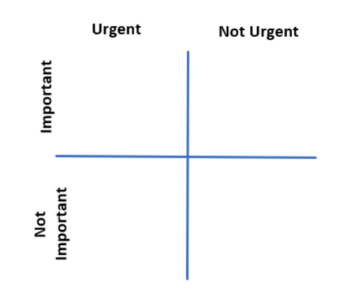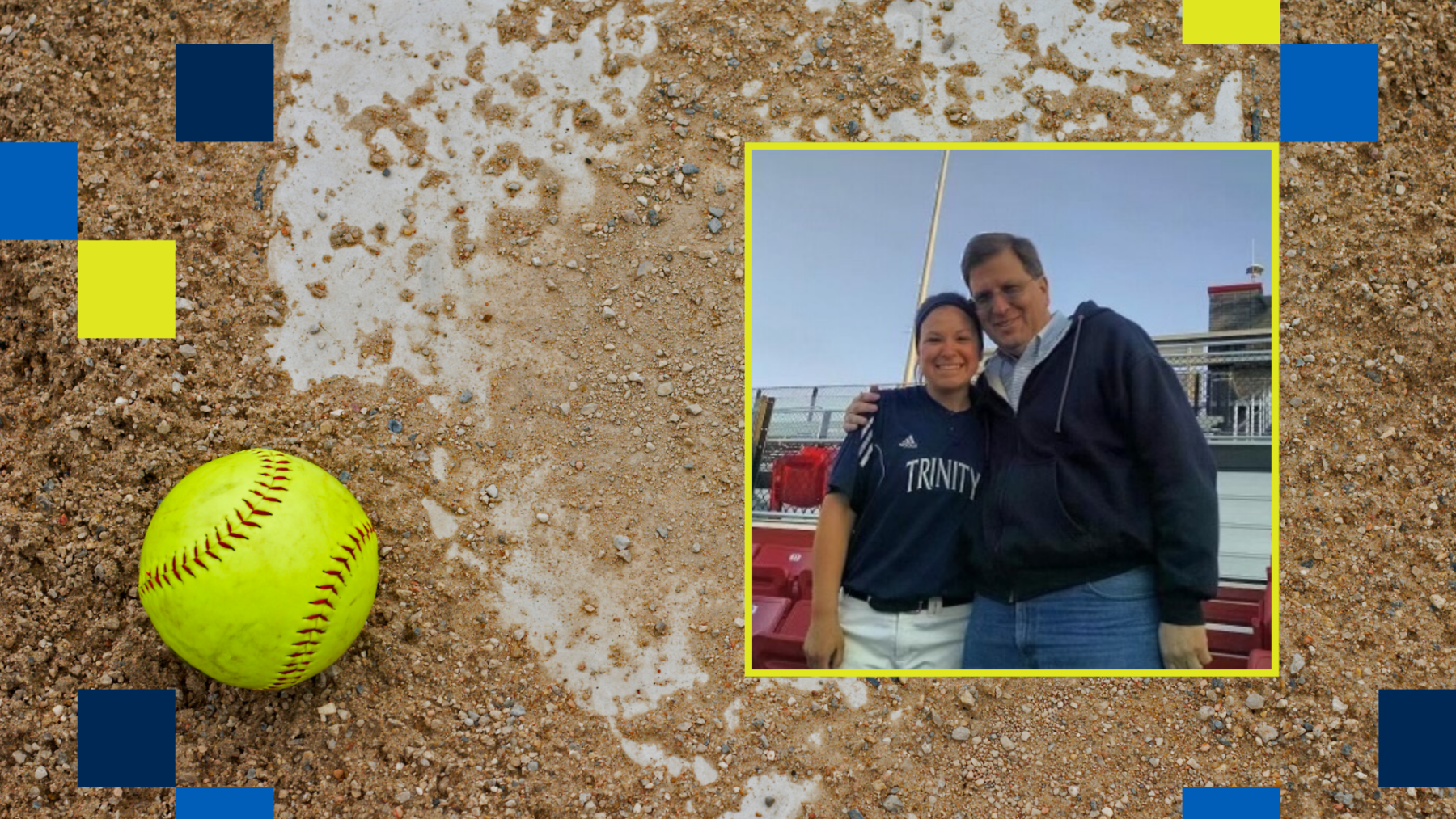I was recently sitting in a supervisor training program devoted to time management. During this session, I felt I had an advantage. I continually thought, “Wow, I learned a lot of these tools through my time as an athlete.” That’s what prompted me to think of all I’ve learned from youth sports.
Time Management
As a three-sport athlete in high school with aspirations to play college softball, I quickly learned the importance of time management. I needed to keep my grades up so I could strive for an academic scholarship alongside an athletic scholarship to help cover the costs of college, and I needed to spend time after volleyball or basketball practice at hitting lessons or taking extra fly balls (thanks, Dad!). All of which took up a lot of time. I promptly learned how to juggle schoolwork, high school practice, travel ball practice, and a social life (I was in high school after all). Prioritization became crucial. The Eisenhower matrix was a helpful tool in this regard.

Education was my top priority, followed by the need to continuously improve my skills. I had to distinguish between tasks that were urgent, such as assignment deadlines and recruiting schedules and those that could be postponed. This taught me time management and to avoid procrastination as I never knew what might pop up in the future. For example, I couldn’t save my homework for Sunday afternoons because if my travel team made it to the championship game, we’d be playing until late in the day. So, I might as well make time now and complete the assignment before the tournament. This proactive approach is something I apply daily in my career through time blocking and planning to avoid last-minute rushes.
Working with Others (Communication)
Travel sports often meant joining new teams, frequently with teammates I didn't know. This experience taught me to communicate and collaborate with people from diverse backgrounds. During the college recruiting process, spending time with current team members in unfamiliar settings further honed these skills.
Additionally, in college our games often conflicted with class schedules requiring advance communication with professors. By informing them about our schedule and being proactive in plans to catch up on missed work, I learned that over-communication is beneficial and appreciated, even with superiors. This skill has been invaluable in my professional life.
Never Stop Improving (Taking Instructions & Working Hard)
Athletics taught me that there is always room for improvement and that constructive criticism is a tool for growth. This mindset has shaped how I handle feedback in the workplace. I see it as an opportunity to enhance my skills and leadership abilities.
Having this mindset, along with putting in the effort and working hard, is key to continuous improvement. Earning a starting spot as a freshman on varsity while striving to graduate with highest honors took hard work. I mean who wants to have 5 AM conditioning practice on a cold
winter day or write a 10-page paper after getting up at 4 am to travel to Ohio on a bus for a double header? Despite this, because I loved the game and didn’t want to watch from the dugout, I put in the time and because being an Academic All American was a goal of mine, I had to work on that paper even when I was tired or everyone else is out with their friends. These scenarios remind me of one of my favorite quotes, “Hard work beats talent when talent doesn’t work hard.”
Conclusion
Youth sports, along with other extracurriculars like clubs, band or orchestra, build a
life-long foundation of invaluable lessons and skills, including effective time management,
collaboration and communication, and the importance of continuous improvement that will be
used beyond our time on the field, court or stage.

By Natalie Timmer
Controller
Share this Blog Post
Leave a question or comment:





